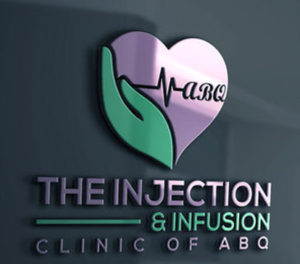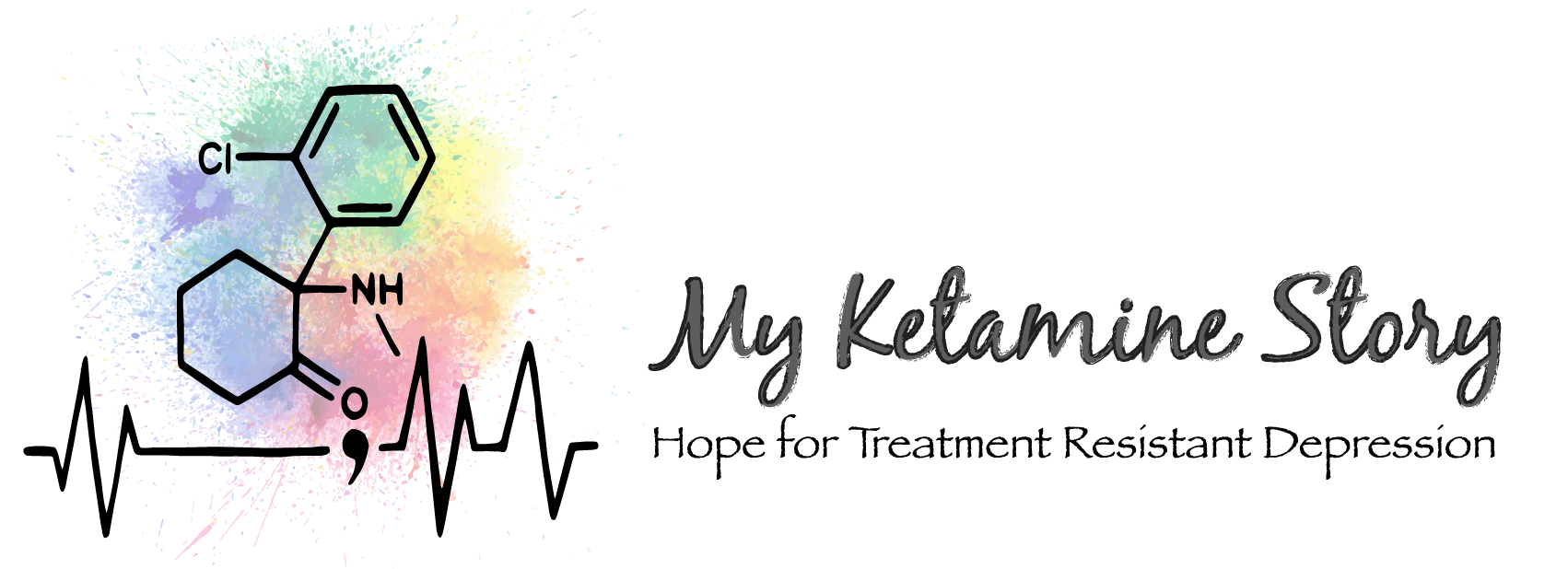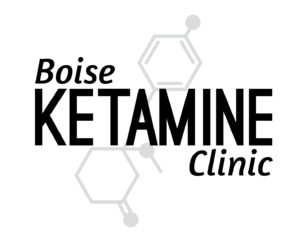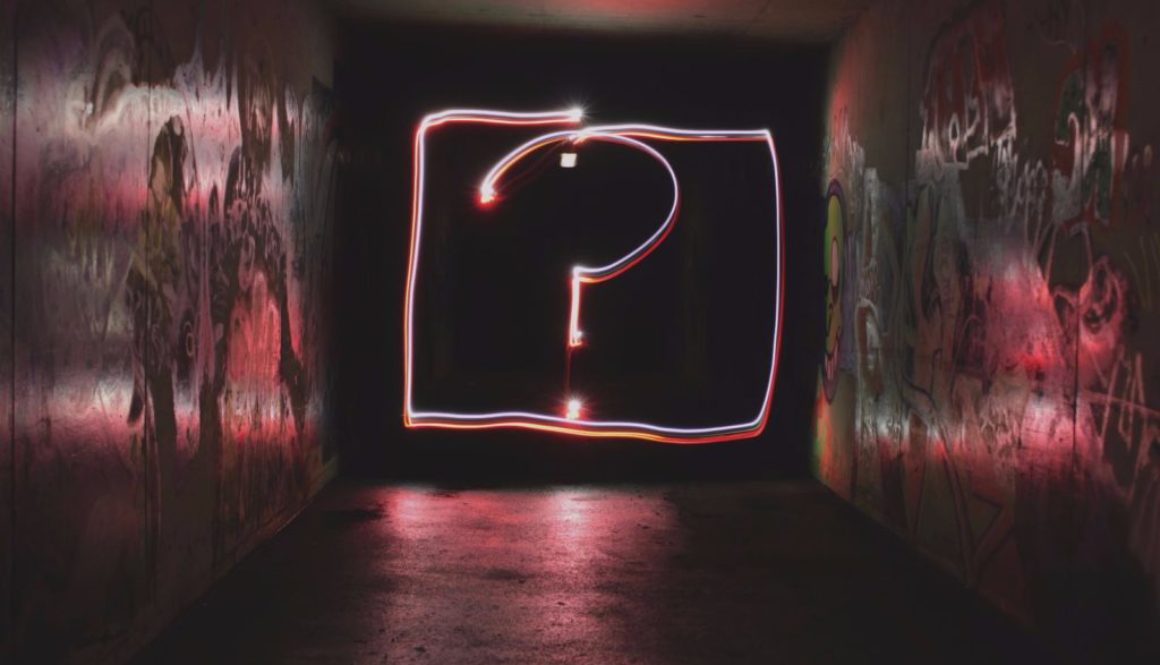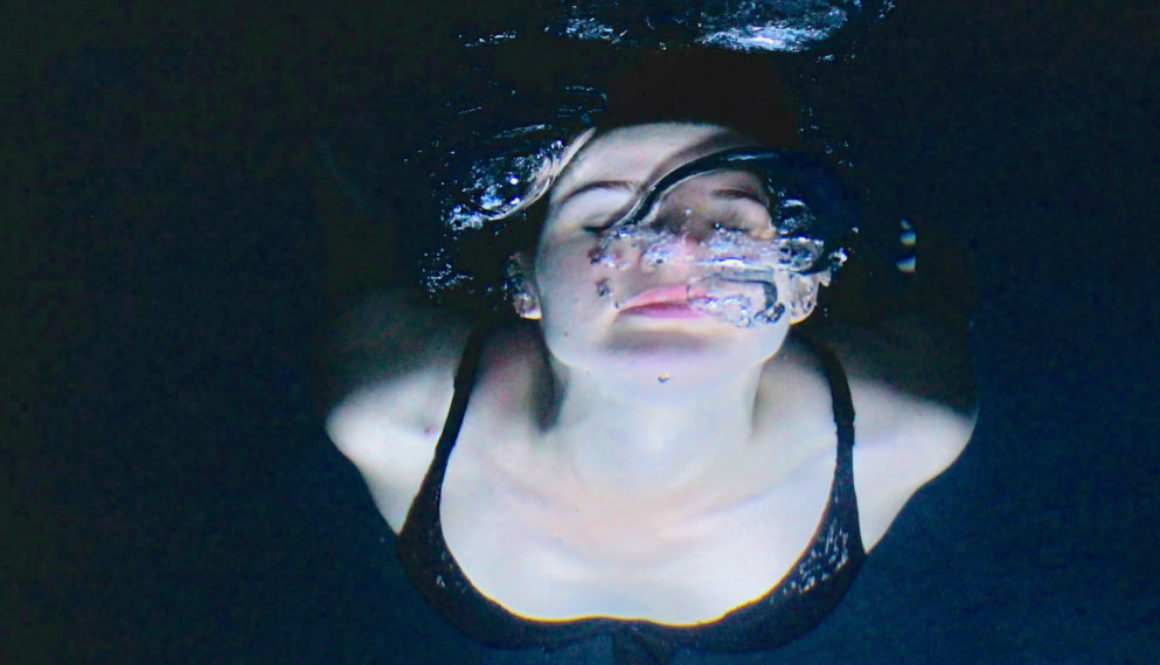Frequently Asked Questions: Redefining Depression With The Assistance Of Ketamine Therapy.
Hello again. This is Susan from myketaminestory.com. I am once again addressing questions and concerns regarding Ketamine therapies for treating mood disorders and pain. I am writing a four part series answering questions about Ketamine use, based on my experience with Ketamine therapy over the past 2.5 years, for The Injection & Infusion Clinic of ABQ. This is the third post in my Q & A series.
My first blog, Ketamine: Addressing Questions & Concerns focused on my early experience with Ketamine Infusions. In part two of the series, Addressing Questions & Concerns About Ketamine Therapy for Treatment Resistant Depression I addressed questions and concerns about Intramuscular Ketamine verses Ketamine Infusion therapy. Today I plan to be a bit more random. I have had emails with several questions and themes recently. I want to address as many inquiries as I can and decided to approach this current series in a more hopscotch fashion.
I will preface this series of questions with an obvious disclaimer. I am answering all the questions posed in this blog, as well as the two previously mentioned, based on personal experience with Ketamine treatments and my own continued readings. I want to advocate the use of Ketamine for Treatment Resistant Depression because of my results from the therapy. I want to share my success and how I have benefited from the new form of treatment.
It has been through my Ketamine advocacy that people have approached me via email with questions and concerns. I have been fortunate enough to have providers reach out to me asking me about my results and my writings. It is because of these inquiries I am rarely at a loss for writing material. I have appreciated the interest and encouragements. I have enjoyed the offers to write about my story for other websites. I have. I am human. These interactions have not all been pleasant. I am always shocked by how insensitive “professional” people can be. What is even more baffling is the fact they are reaching out to me. Odd. They clearly seem to forget that I am a patient writing and not a doctor or other provider. I am flabbergasted at times. I could share numerous incidents that would surely puzzle the best conversationalist. The demands and expectations have been insane. I will briefly state that I can not simply be purchased and added to your business expenses. I am a human sharing personal experience. Please be respectful.
I need to add a special thank you as a side note. I have been known as a woman that expresses her feelings regularly. If I am overcome with strong emotions, I share them. I work incredibly hard on focusing on positive action and thoughts. If I am impressed or treated well I will make a point of saying thank you for your kindness. I am appreciative to Jason Duprat with The Injection & Infusion Clinic of ABQ for constantly being sensitive of my story and feelings. He repeatedly treats me with respect and honor. Jason allows me to feel comfortable and valued. We work with each other professionally with a twist of mutual fondness I think. I am grateful that his Ketamine clinic strives to bring more affordable infusions. I would love to see more Ketamine centers following his example. It really benefits everyone. If a center is willing to lower prices, then this massively successful therapy could be offered to more individuals suffering with Treatment Resistant Depression (TRD). Think about it. If you charge 500 and, say for example, only 10 people can afford treatment from your clinic each month making your total income 5,000. Now, for sake of easy math, think about charging 200 dollars per session. You can now service and provide hope to numerous of my fellow sufferers. Let’s follow this logic to the end. At 200 dollars per treatment you might book 30 or 40 clients per month giving you 6,000-8,000 in profits. You also get a bonus…. a full heart.
I admire Ketamine providers that understand the desperate need for Ketamine therapy for depression, but clearly care more about patient long term care. It is crucial to keep in mind that the majority of your client base will need to return repeatedly for booster/maintenance Ketamine thus also increasing your bottom line. Remember the 10 patients I mentioned in my first example? They will definitely find it even more financially stressful if not completely unrealistic to return for follow up care. My guess is maybe 1 out of 10 could manage the compounding cost of routine boosters of Ketamine therapy. Insurance companies do not currently cover the charge of Ketamine treatments. The numbers add up.
I once again digress.
I have had friends question my motives for writing for Ketamine clinics, and the motives of the providers requesting my help. To be completely honest, I have to say that I have no issue using keywords and letting the readers know about a specific Ketamine Clinic by name. It benefits everyone involved. However, I am very selective. I ask a ton of questions. I want to inform. I also am not a fool and I realize it is easier to spread your message when you have help. I admit that there are specific answers I am looking for when approached to write about Ketamine for sites other than my own. It means asking tough questions. I need to know the motives, the whys, behind the offer. I want to know how people act and react to my questions. I investigate. I approach each center as a patient and an advocate. I want to build a genuine relationship with my reader. I am writing on a very personal subject matter. A relationship built on trust and honesty is important to me. I also want and see the importance in establishing a relationship with Ketamine providers. We are all important and valuable. We can spread the news about Ketamine and give hope back to those in darkness.
Advocacy is a new adventure for me.
I wasn’t expecting to go on that rant. I apologize. It has been on my mind a lot recently. I do not want to be a bought and paid for direct advert. I definitely don’t want to appear insincere in my writings. Ketamine has offered me life. I want to educate and possibly offer change to those that don’t think their lives will ever improve.
My words, my language, and self expression mean so much to me. Please don’t script my feelings. I want to inform the public. I have my story and my style. If you really want to share my passion to educate the world on the benefits of Ketamine for depression then I suggest not editing my words to serve your hidden agenda. I did not approach you. Please remember that when you are slaughtering my message and find yourself shocked when I opt not to work with your Ketamine facility. I am advocating Ketamine for Treatment Resistant Depression. I am pretty confident that is why you contacted me. Yes? Readers are intelligent after all. They will recognize bullshit. I would.
Ketamine has and continues to breathe life into me. I started my personal website in January of 2017. I wanted to share and advocate the use of Ketamine to treat depression. It has been through my writings I have discovered how truly powerful words can be. In the recent months those words have been reaching more fellow sufferers. It is thrilling to know that more professionals are reaching out to learn more about Ketamine therapy, too. I have learned that I have value when I share and educate. Many times I am consciously aware that my writings are only me ruminating and desperately trying to make connections so I can heal. The idea that I may actually be helping others; that is fascinating and exciting.
I am immensely grateful to have The Injection & Infusion Clinic of ABQ as a platform to educate. They definitely have met all my personal standards for a Ketamine provider. Their Albuquerque, New Mexico Ketamine center is one of the lowest costing Ketamine providers in the nation. The also passed my “must offer” quiz by informing me that they will be offering Intramuscular Ketamine shots to clients at a reduced cost, for those that can’t afford the infusion boosters/maintenance programs. Oh, if I ever relocate!
I will be announcing another exciting development on myketaminestory.com website later this week. I also have a board full of blog topics to discuss and ponder. I am feeling creative and looking forward to writing several articles this month.
Okay, surprisingly I was finally capable of wrapping up that tirade on proper etiquette when asking a blogger for personal writing content for their Ketamine business.
Onward, to the latest question and answer blog; part three in this four part Q & A series. I hope you find it helpful.
What is Ketamine?
My life-preserver! It really is. Ketamine is basically an anesthetic drug that blocks pain. It was first developed in the 1960’s and was used to operate on soldiers during the Vietnam War. In the past, Ketamine, has also been used as an animal tranquilizer. However, in more recent years, Ketamine has been a common theme in nightclubs and parties because of the “hallucination” element users have repeatedly enjoyed.
What do you mean by “hallucination” element?
Well, in addition to dulling pain, Ketamine has been known to allow users to feel like they’re detached from their own body. This sensation is often written and explained as a dissociative effect. These feelings are often associated with a variety of drugs known as hallucinogens. This class of drugs are frequently known to distort perceptions of sight and sound. It produces feelings of detachment from the environment, mind, and self. The reason this can even occur is because the drug is reducing or blocking signals to the conscious mind from other parts of the brain. This out-of-body experience has made it a popular club or party drug, and is commonly called “Special K.”
How is Ketamine given?
If you have done any research on the subject you will probably get this answer; Ketamine is given as an infusion. An IV line is put in place and directly delivers the Ketamine into your vein. The needle is typically placed in your arm or hand. It is reported that this method is the quickest route for the medicine to get to the brain.
You may have also read that most people start with about six doses over a period of 2 weeks, and then they sign up to get booster Infusions once every 3 to 5 weeks.
The facts have alluded to the idea that you may need to continue treatments for a year or more to see long-term results. My experience has proven to me that long term use is absolutely necessary to continue to fight this demon, to recover and lead a productive life.
I agree with these findings, to a point.
Research online misses the fact that Ketamine is also now being given in many other forms. As many of you know, I started out with 6 Infusions and transitioned to IM Ketamine. I get Intramuscular Ketamine shots every two weeks. I do not see this regimen changing any time soon.
I have also used nasal Ketamine spray in an emergency situation. I keep a bottle on hand in case my symptoms show their hateful presence before my next appointment. I appreciate having this option even if I am notoriously known for consistently complaining about this delivery method. I admit that I still find the value of it, and if some horrific event took my beloved doctor away I wouldn’t hesitate to count on the glories of this spray if it meant I could be free of depression for days. I am truly grateful that is not my situation.
There are also pharmacies making Ketamine torches otherwise known as Ketamine lozenges to help patients between their boosters or to extend their maintenance time frame to help reduce costs. I have not yet tried lozenges. I may switch from the spray to torches in the future. However, I am super comfortable with my treatment plan and can’t see convincing my doctor to prescribe the lozenges over the nasal spray. Plus, the lozenges would double my monthly cost because my compounding pharmacy charges more to make lozenges.
How much does nasal Ketamine spray and/or Ketamine lozenges cost?
The cost for the nasal spray ranges between 65-125 a month. My Ketamine spray cost is 65 dollars. The Ketamine lozenges, in my area, cost 125 dollars a month. I had and have to consider my total costs for my maintenance care. This, I imagine, will be the case most of the people seeking help from mood disorders with the use of Ketamine will discover for themselves and adjust.
How does Ketamine work?
Researchers don’t know exactly how Ketamine works to treat depression, but they have some ideas. Unlike antidepressants, which work by shifting the balance of brain chemicals like serotonin and dopamine, Ketamine is thought to change the way brain cells communicate with each other.
Ketamine blocks a type of receptor in the brain, known as NMDA, thought to play a role in depression. Recent studies find that Ketamine can have long-lasting effects on depression, even though the drug only stays in the body a short time.
Ketamine also acts on other brain receptors very similar to those opioid receptors, which affect pain and depression.
I, personally, accept this but I want to expound on the subject. I am planning to write a blog in the coming weeks on this topic. It is my understanding over the years that depression was linked to chemical imbalances in the brain and that was the cause of all my misery. I am now rethinking my beliefs.
The more I read about inflammation and diseases makes me convinced that depression is caused by inflammation and not an imbalance of chemicals.
I truly believe that the Ketamine reduces the swelling in my mind and on some levels my body. The Ketamine reduces the inflammation in all the damaged areas of the mind and it is, in my opinion, because of this reduction phenomenon that normal brain flow begins and repairs can be made. As I stated, I will be addressing this remarkable belief in my next blog.
How well does Ketamine work?
It works remarkably well for me. I can be in a really bad place emotionally before my Ketamine therapy and a few hours later I am motivated and willing to take on all the challenges life keeps insisting on throwing my way. Unlike traditional antidepressants, which can take weeks or longer to take effect, Ketamine starts working within a few hours. Personally, I can go into a session feeling extremely suicidal and discouraged only to find myself leaving my doctor’s office pondering how I could have felt so desperate only moments ago.
In the past, I can vividly remember, I had an active suicide plan in place as I walked into the building to get my Ketamine Infusion. Depression hurts. It kills everything. It makes believing in possibilities nonexistent. I am a fighter. I push back. I question. I think of myself as pretty open minded and self aware. However, I am still, after over two and half years of routine Ketamine therapy, incredibly amazed that I can walk out of my doctor’s office shaking my head that only a short time ago suicide felt like the best and only solution to this insidious disease that constantly takes ownership of me.
It is frustrating and immensely discouraging to continuously battle for mind control. I know that for people who are suicidal, this rapid effect can be lifesaving. It constantly pulls me away from the edge.
Ketamine is also helping people who haven’t found relief from other more traditional depression treatments. I am one prime example on the benefits this drug, Ketamine, is providing.
My personal experiences have been similar to many individuals that find themselves wanting to try this new treatment for depression. I am no different from others that have been to several psychiatrists, therapist, cognitive modification behaviorists, and have tried half a dozen, to a dozen or more, medication cocktails without success.
It is sadly noted that many people with Major Depressive Disorder have attempted suicide and again I am not unique. I have scars on the outside and even more on the inside. Suicide has always felt like a valid and logical solution to me and I found myself attempting plan after plan mainly craving relief.
I write now, and I get so sad thinking back on those decades of darkness and self loathing. The depression can sometimes still lead my mind to suicidal idealizations. It is uncomfortable. I trust that the Ketamine will win the battle for me, but thoughts can be powerful and habitual. I keep my doctor informed.
What do you notice about your mood after receiving a Ketamine Infusion?
I have been reading that most patients are reporting a lightening of their mood with Ketamine treatments. They feel that the dread they have been carrying for years begins to lift. If there was anxiety before, all of a sudden there is less anxiety. It’s also not uncommon for people to feel like Ketamine allows them to get out of bed and face their obstacles for the first time ever. I can concur. This has been my experience too.
What are the “side effects” of Ketamine therapy?
I laugh at this question. In my mind there are no side effects. What effects the Ketamine causes during the infusion time are not, in my mind, a side effect. It is the medication working. It is Ketamine showing you that mind and body are one and at the same time they are separate. I will explain.
I would say about 7-9 minutes after getting IV Ketamine, I often experienced “dissociative” effects. These sensations were very similar to what I imagine a spiritual awakening would be like. Many people have reported having an out-of-body experience while under the effects of Ketamine. These feeling subside as the drug wears off. It is roughly about 45 minutes where you will probably feel slightly off. I felt fairly “loopy” at times. Textures in the wall, door or clothing appeared to pop; like a 3D movie without the need for the trashy glasses. Things may look and sound a little bit different than they usually do for you.
Colors appeared very vibrant to me. Some people have mentioned that things might look blurred. I feel my eyesight sharpens with Ketamine. I had this amazing peaceful sensation and awareness. I was observing myself without that familiar harsh judgmental mind I detest.
In the beginning, I did have the unusual experience of looking down at my body and not really seeing it. I made a remark to my husband that I will never forget. I glanced nervously at him and shyly smiled and exclaimed, “Where is my body? I can’t see my feet or hands. I am feeling like a fish in a huge aquarium.” I was laughing at the silliness of my thoughts and observations. My hubby reassured me that I was still sitting in my chair; all of me. The next moment I glimpsed down and giggled and shouted, hey there my feet are!
The feeling lasts for about an hour after the IV, and then it should wear off, while the drug’s benefits continue.
The drug can possibly cause a spike in blood pressure and heart rate in the short term. I imagine that for most people, that’s probably not a huge problem. It was never an issue for me. It is something to be aware of.
Doctors don’t know much about the long-term effects of Ketamine because they haven’t been able to study it over long periods of time. However, more and more sufferers are finding relief with the assistance of Ketamine therapy.
There have been studies that are carelessly reporting that they have linked regular Ketamine use to memory issues and other problems related to thinking. I can state with confidence that after more than 2.5 years of Ketamine given to me regularly, every two weeks, I have not had any memory issues. However, I did lose months and months of memories with ECT treatments.
I am speaking with a genuine heart. I have had no side effects worthy of mentioning. I will comment again that in the beginning I had issues with nausea. I could have easily requested an anti-nausea medication but I tend to be a purist about all medications I take now. I honestly feel it is a small price to pay for multiple symptom free days.
The memory loss that has been a concern and reported as a potential reason to never offer Ketamine widely to the public doesn’t seem to be the case with the doses being used to treat depression. Yet, those against the use of Ketamine for Treatment Resistant Depression insist on claiming that it does.
Doctors also worry that the drug might lead to abuse, but this hasn’t been proven either. I have an addictive personality and have a history of becoming obsessed and massively addicted with a number of coping clutches in the past. For example, I am a recovering alcoholic and had been sober for over ten years when I started Ketamine therapy. So, yes, I did worry about addiction. I admit that I did fret about my tolerance level and whether over time I would grow intolerant or need more Ketamine to achieve the same results. My history has made me cynical. I worried unnecessarily. I have never craved Ketamine physically like I did with alcohol or other devices I used to manage my depression and anxiety over the years. I admit that I have heard myself say, “I am in critical need of Ketamine. I want it right now; fast. Please!” I have no doubt in my mind that desire and need is all about wanting to be symptom free again and not an actual feeling that would lead to abuse.
If the Ketamine is administered accurately, I feel the relief for 8-10 days and then I find that my illness creeps back in and takes over again. The return of my depression and anxiety can begins slowly at first. I notice it is harder to correct my thoughts or redirect them. I lose all patience with myself. Decisions become impossible to make. Frustrations and anger. I appreciate the slow build. It is when I go to bed feeling great, and I awake the next morning afraid to leave my house and quickly my resolution drives me straight to suicidal thoughts and plans.
It doesn’t make sense to me. I was fine when I went to bed. Why, oh why? What happened? The OCD thinking takes the wheel and drives my every action. It is days like these that I am forever grateful for Ketamine. I know these emotions and fears are temporary. I also know I have the Ketamine spray for days like these and that helps pacify me. I don’t ever really feel the need to abuse the nasal spray either. I feel and have found for myself that If you are feeling symptom free from that nightmare you thought only suicide could cure, you probably won’t be sticking around the house getting high. You will be out there living the life you were meant to. Having said that, I do understand the risks and concerns. Ketamine is no different to me than Benzodiazepines and Opiates. Doctors write a Xanax script without blinking and trust me I worry more about the abuse with anti-anxiety medications than I ever will with Ketamine.
How much does it cost?
The price can vary based on the doctor and location. Generally, each IV costs $400 to $800.
As of 2017, Insurance companies often don’t cover the cost of treatments. I am aware that Kaiser Permanente has recently started testing a Ketamine program.
There are also more and more centers opening every few months. I have located several offices, such as The Injection & Infusion Clinic, offering Ketamine Infusions for as low as $299 per infusion. I suggest doing your homework.
I would also consider IM Ketamine shots or Nasal Ketamine spray which are both typically more cost efficient.
In conclusion, If you know of anyone suffering with treatment resistant depression, like I do, let them know that Ketamine therapy may be an option worth looking into. It has been and continues to offer me relief from my symptoms. If you or someone you know are considering Ketamine infusion therapy, please visit www.infusionclinicabq.com for low cost ketamine infusion and injection options. If you are not in the Albuquerque, New Mexico area I also suggest approaching a local professional and start educating them on the benefits of Ketamine. It doesn’t hurt to ask for what you need.
You can also visit my Ketamine provider list to find a provider in your area which is located here.
Join me again next month, when I address more questions about Ketamine Infusions and Intramuscular Ketamine in the final blog of my Q & A series. I plan to share my thoughts and experiences about how diet effects mood and possibly Ketamine. I will revisit any unanswered questions about the different delivery methods, the effects of Ketamine, Ketamine Advocacy, and concerns over what I have been reading during my research and studies on the drug. I appreciate all the interest and inquiries. I really do. Thank you for reaching out. I hope others will find hope with Ketamine. I will continue to advocate… Ketamine for Treatment Resistant Depression and Anxiety Disorders. It continues to work its “magic” for me every two weeks.
Originally posted on The Injection & Infusion Clinic of ABQ.
